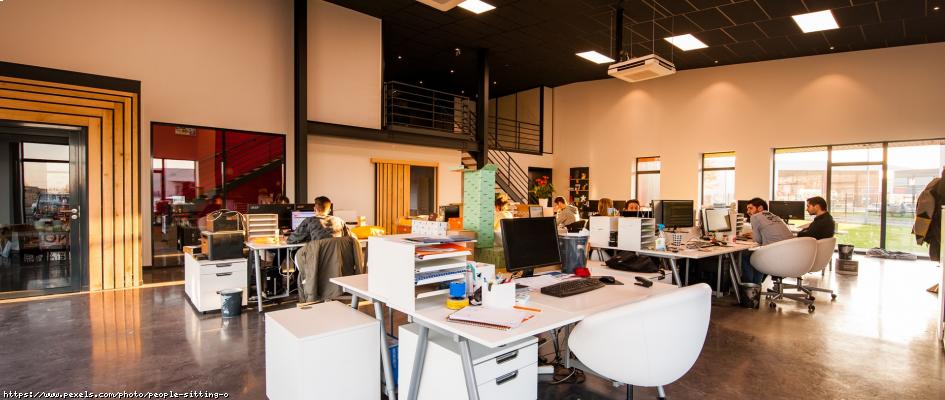As the owner of a small or medium-sized business, there might come a time when your business’ growth means that you outgrow your current quarters. Maybe you’re in a home office and looking to move somewhere more professional or you’re thinking of swapping your small office for something bigger.
Whatever your situation, and whether this is your first, second, or even third change of office, planning the move and getting it right will be absolutely vital to your business. Firstly, because you’ll need to ensure your company continues running smoothly while you’re planning and executing your move and, secondly, so that the move helps to facilitate your next stage of growth.
Here, we outline four steps that SME owners should take when considering, planning and undergoing an office move.
Choose your location carefully
An obvious one, but getting the location of your new office right is key for numerous reasons. Think about the specific needs of your business and the kind of clientele you have. Will you need to be close to banks and so on? Then a town or city centre location might be best.
Or if you require a more industrial site or are likely to have lots of clients and customers travelling to you by road, an out-of-town business or industrial park might be a more suitable location.
But you’ll also need to consider your staff. How do they get to work? If they mainly walk or use public transport then an out-of-town location might not be convenient. Plus, if you and your employees place a high value on socialising a building the team ethos outside of work, then close proximity to pubs and restaurants for after work meet-ups will also matter.
Primarily, you’ll need to consider what you’re gaining or losing from a new location in comparison to your old office. There’s no worse feeling that moving into a new office and quickly realising that the location isn’t as good.
The office space
Office spaces nowadays vary widely and you may find yourself spoilt for choice when it comes to the different types of office available to you. For that reason, it’s more important than ever to consider what you’ll need from the office space itself, to ensure you don’t end up with something that looks swanky, but doesn’t meet the needs of your company.
If you have lots of employees working in-office, then a large space with lots of room for desks, meeting rooms and plenty of facilities may be required. However, if you have fewer employees then you could save on costs and avoid paying for space you don’t need by moving into a coworking space or shared office.
The kind of flexibility offered by a co-working space could prove particularly valuable in allowing you to scale up as you grow, something that might be prohibited by signing a lease on a small office space that meets your needs now, but that you’ll quickly outgrow.
It will also be vital to consider the technological needs of your company and whether a potential office space meets these. For example, an office might seem perfect but could be located or built in such a way that it suffers from slow internet. Performing due diligence on tech issues such as this will be a vital part of the process.
What kind of lease do you need?
Similar to how moving into an office that soon proves too small can stymy your growth, so can moving into an office and signing a long lease with no break clause, even if the price seems right.
Opting for a short lease, on the other hand, could mean that you soon find yourself renegotiating your lease and facing a choice between paying more in rent or moving again.
Ideally, you should aim for a fairly-priced, medium-term lease that offers you the flexibility to not only respond to the growth of your business, but also to any economic changes that may impact the wider market or your particular sector.
The move itself
Moving offices without it significantly interrupting your business is tricky and will require meticulous planning in advance. It will pay to think beforehand about potential issues that may arise, as well as bearing in mind that there may be unforeseen challenges along the way.
Choosing a removals firm with solid experience and a good reputation in office moves will be vital. Often these firms will know the best way to pack up your old office, so that it can be unpacked at your new space in such a way that you can get back to work as quickly as possible. They may also have valuable experience in reinstalling equipment and office furniture quickly, efficiently and correctly.
An office move is a vital step for any business, particularly a small and medium-sized company that is targeting further growth. For that reason, it’s something to be planned and researched down to the minutest detail.
Planning will ensure that the process goes smoothly and can also go a long way to meaning that moving offices helps you gain a platform for your next stage of growth.


